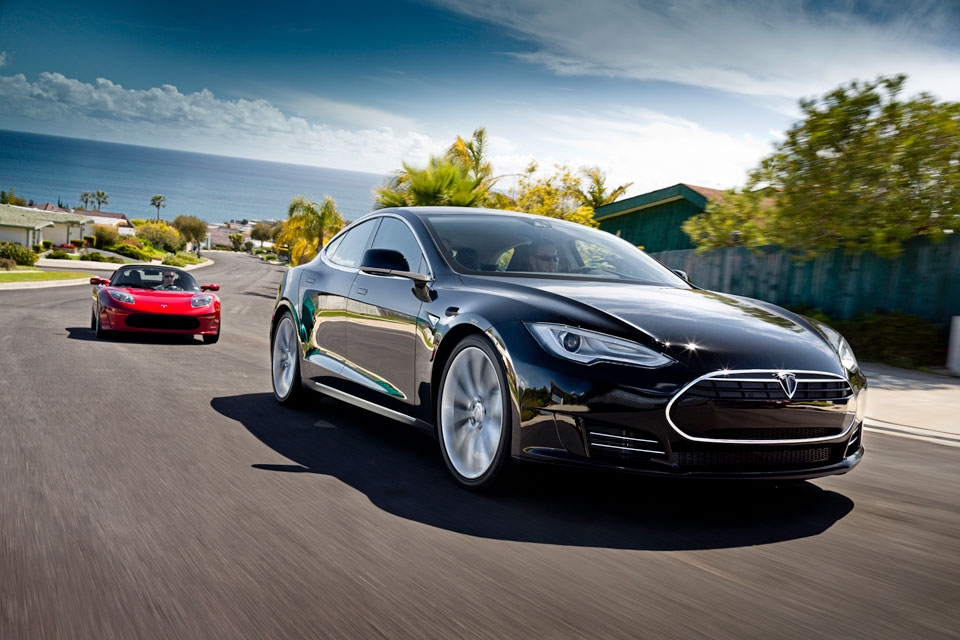RACHAEL MYROW: So nobody’s questioning the health of the big boys – Toyota, Nissan and so on – but there’s some question about the stand-alone electric manufacturers, particularly those based in California. You recently reported on Fisker, which is based in Anaheim.
MIKE RAMSEY: Yeah, Fisker is one of these companies that several years ago got started when there was a big upsurge in interest in electric vehicles. And I have to say I think that Tesla Motors started the revolution of these small companies diving into starting electric vehicle programs, and a lot of that is because there were just simply no offerings from major manufacturers.
Tesla, to its credit, came in and said, "We’re going to do this." They built prototypes, captured the imagination of a lot of people and were able to raise a lot of money. Then comes along Fisker, which is a company that was founded by Henrick Fisker, who was a well-known designer for BMW and Aston Martin.
And he designed beautiful vehicles, and he was able to also get a lot of financing from wealthy investors to start a company to make a beautiful plug-in hybrid model. And they were able to secure $500 million in U.S. Department of Energy loans to help finance the creation of a second vehicle called the Atlantic, which was going to be a less expensive sedan, as a follow-up to the current sports car, the Karma, which is on sale now.
But the problem that Fisker has had is that they just don’t have the quality, the execution. They rush them to get out, and people who are spending $100,000 on a vehicle do not want to have multiple recalls and the electronic systems fail. That’s what you get with a startup; you just don’t have the execution ability that a Toyota, a General Motors, a Nissan has.
RACHAEL MYROW: Tesla Motors, based in Palo Alto, is pretty tight now with Toyota.
MIKE RAMSEY: Toyota, a few years ago under Akio Toyoda, who’s the grandson of the founder, made an investment. He was so taken after visiting with Tesla with what they were doing and how they were doing it. When Toyota made the investment, it was a huge help to Tesla because it gave them credibility in the markets. It also gave them access to some of Toyota’s parts bin, which means they could buy parts at a reduced rate.
And it gave them a stream of income because the company was going to be supplying batteries for a Toyota Rav4. So, Tesla has done much better than Fisker in terms of producing cars that seem, so far, in the early days of its execution, to be much better, and they’ve gotten accolades and a lot of affirmation that they might be able to make it. That said, they’ve yet to produce a profit and are probably going to continue to incur losses for some time until they produce more vehicles.
RACHAEL MYROW: So is your read of the all-electric sector that the era of romantic businessmen and those who find them appealing is just over?
MIKE RAMSEY: I hate to say over, but I think there are going to be far fewer of these small startups. I don’t know how you break into that unless you have technology that is way beyond what is currently existing. I don’t rule out the possibility that that may happen – someone really has a huge advance in battery technology, and they can come in and do something that others haven’t. But I suspect that you’re not going to see as many of these electric vehicle startups. It’s a unique moment in history that happened and you may not see it again.
